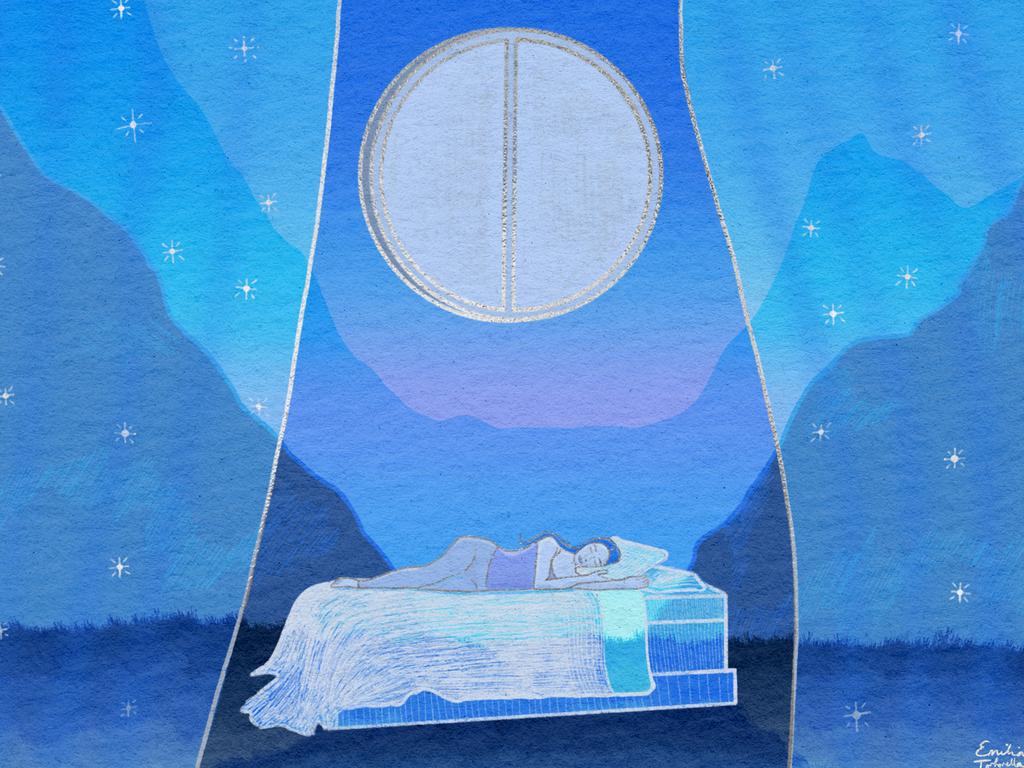Feeling blue? Daily doses of awe ‘fend off depression and stress’
Everyday moments of awe-inspiring wonder may offer a simple, drug-free boost to mental health, a study suggests

Poets have long been entranced by awe, that fleeting shiver of wonder you might feel while gazing at a starry sky or the geometry of a perfect snowflake.
A study has now suggested that the emotion also has medicinal properties and a daily dose has been found to ease depressive symptoms and reduce stress. This did not require trekking to mountaintops or witnessing eclipses. Simply pausing to admire the intricacy of the veins of a leaf or being astonished by the scale of the universe after listening to a science podcast was often enough to have the desired effect.
“Our data suggest that finding moments of awe in daily life can shift how we view ourselves and our lives overall and how stressful and meaningful we find them,” Maria Monroy of Yale University, who led the research, said. “Very simply, our work demonstrates that finding moments of awe in everyday life can improve depressive symptoms and overall wellbeing.”
The results add to a growing body of evidence of the benefits of being amazed. Previous studies have linked awe to reduced inflammation, improved cardiovascular function and increased levels of generosity. The latest study suggests that it may also benefit mental health, particularly for those facing chronic stress or illness.

The study involved 68 participants, all of whom were living with long Covid, a condition marked by persistent fatigue, cognitive fog and emotional strain. They were put into two groups. Members of one were asked to continue their lives as usual; the others were invited to pause a few times a day and seek out experiences that stirred a sense of wonder.
They did not have to meditate, keep journals or download a wellness app: they were only asked to stop and pay attention. After a month, those who had made time to be awed reported lower stress, fewer depressive symptoms and greater overall wellbeing, compared with the control group.
Overall the data, published in the journal Scientific Reports, suggest that there was a 17 per cent decrease in depression symptoms, a 12 per cent decrease in stress and a 16 per cent increase in wellbeing.
In literature, “awe” is often a complex emotion, involving something akin to dread as well as wonderment. The researchers acknowledge that an experience such as a lightning storm can be profoundly awe-inducing but threatening. They say, however, that instances of awe were mostly positive.
The Times




To join the conversation, please log in. Don't have an account? Register
Join the conversation, you are commenting as Logout